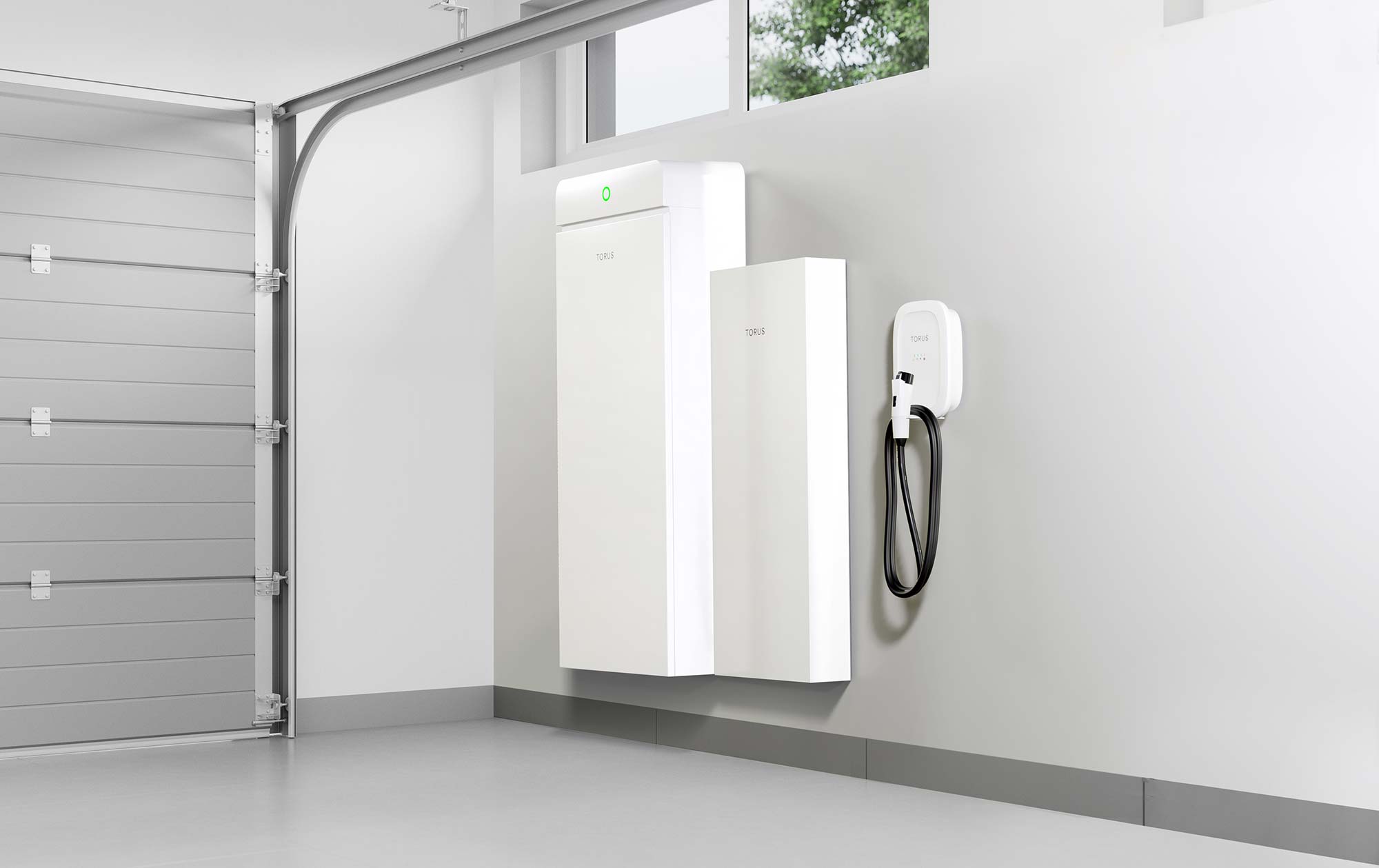Why purchase an EV?
There’s plenty of upside to going electric
As the world embraces sustainable transportation alternatives, electric vehicles (EVs) have emerged as fantastic tool for individuals to lessen their carbon emissions and help combat climate change. But how do they work, and what environmental advantages do they offer over traditional internal combustion engine vehicles? Read on.
What is an Electric Vehicle?
An electric vehicle, or EV, is an automobile powered by one or more electric motors. Unlike conventional vehicles that rely on internal combustion engines, EVs are propelled by electric power stored in high-capacity batteries. This shift in propulsion technology eliminates the need for fossil fuels and significantly reduces tailpipe emissions, making EVs a cleaner and more environmentally friendly transportation option.
How do Electric Vehicles Work?
Electric vehicles are equipped with rechargeable batteries that store electrical energy. These batteries power electric motors, which drive the wheels and propel the vehicle forward. The electric motor converts electrical energy from the battery into mechanical energy, providing the necessary power for acceleration and maintaining the vehicle's speed. When the EV is plugged into an electrical power source, such as a charging station or a home outlet, the batteries are replenished.
Cost and Benefits of Electric Vehicle Ownership:
- Reduced Fuel Costs: One of the most obvious and significant advantages of owning an electric vehicle is the substantial savings on fuel costs. EVs typically have lower operating costs compared to conventional gasoline-powered vehicles. Charging an EV with electricity is generally cheaper per mile than refueling with gasoline, resulting in significant long-term savings.
- Environmental Benefits: Electric vehicles produce zero tailpipe emissions, improving air quality and reducing greenhouse gas emissions. By transitioning to EVs, drivers can significantly contribute to reducing carbon dioxide and other harmful pollutants, helping combat climate change and promoting sustainable living.
- Lower Maintenance Costs: Electric vehicles have fewer moving parts and do not require oil changes or frequent maintenance associated with internal combustion engines. This results in lower maintenance costs over the lifetime of the vehicle.
- Government Incentives: Many governments worldwide provide incentives and subsidies to encourage the adoption of electric vehicles. These incentives can include tax credits, rebates, and exemptions from certain fees, making EVs more financially attractive and accessible to consumers.
- Enhanced Driving Experience: Electric vehicles offer instant torque, providing smooth and swift acceleration. They are generally quieter and many users say they offer a more enjoyable and refined driving experience. Additionally, regenerative braking systems in EVs capture and convert kinetic energy into electricity, improving overall energy efficiency and extending the vehicle's range.
The Torus Station is the most effective way to create, store, and manage clean, renewable energy at home.
Curious? Learn More.
Interested in a free consultation? Get in Touch
Ready to commit? Customize your system




